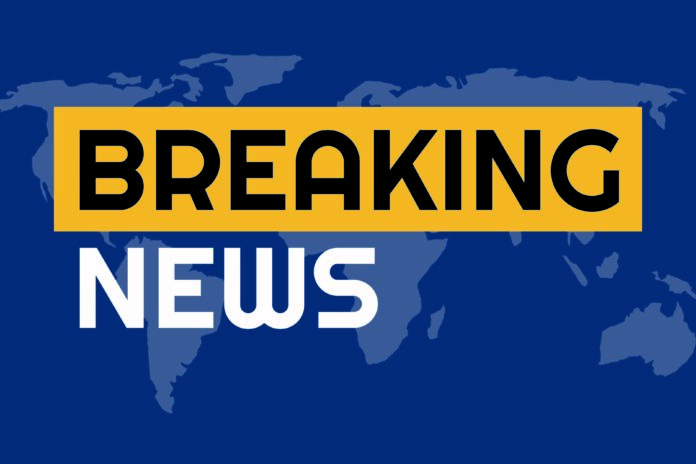UC Davis Health begins administering shots to employees based on exposure risk for COVID-19, with plans to eventually distribute to general public
Employees at the UC Davis Medical Center were some of the first individuals nationwide to receive the coronavirus vaccine on the morning of Dec. 15. The long-awaited vaccine, developed by Pfizer and BioNTech, brings hope to many Americans as the COVID-19 death toll in the U.S. has surged to over 300,000.
Eva Teniola, a clinical nurse in the emergency department, was the first person at UC Davis Health to receive a dose of the vaccine. After getting the shot in her left arm, the 47 year-old was met with applause from other employees and health professionals, according to a video posted by UC Davis Health.
“Thank goodness the vaccine is here,” Teniola said. “It’s happening.”
Teniola’s shot was one of the 4,875 vaccine doses that arrived at the medical center around 7 a.m. on Dec. 15, before being administered to dozens of health care workers later that morning. The vials were shipped out of the Pfizer distribution center following the vaccine’s emergency use authorization by the Food and Drug Administration (FDA).
UC Davis Health plans on inoculating about 400 employees a day, though they expect that number to rise as other vaccines get emergency approval by the FDA. The storage space at UC Davis Health could hold up to half a million vials.
Employees in the Emergency Department are the first group to be inoculated, including doctors and nurses, food service workers and receptionists. A tier system has been developed to determine which groups of employees will receive the vaccine next, based on their exposure risk to COVID-19 in the workplace. Though it is uncertain when the vaccine will be widely available, the California Department of Public Health (CDPH) estimates that vaccinations for the general public could begin as early as spring 2021.
UC Davis Health was selected by the CDPH to receive vaccines based on “their storage capability, highest-risk health care population and ability to distribute vaccine in the community when it becomes widely available,” according to a UC Davis Health press release. The medical network also played a critical role in testing the efficacy of the Pfizer and BioNTech vaccine during clinical trials earlier this year.
David Lubarsky, chief executive officer for UC Davis Health, emphasized how this is a turning point in fighting COVID-19, which has infected nearly 17 million Americans.
“This is truly the beginning of the end of the war on the pandemic,” Lubarsky said in the press release. “And now we have the tools to win this war and to save lives. We are ready to lead the way out of the pandemic.”
Written by: Madeleine Payne — science@theaggie.org









